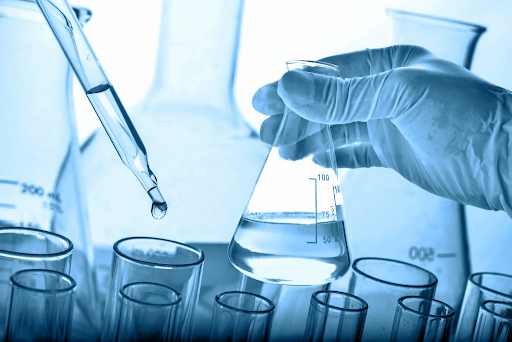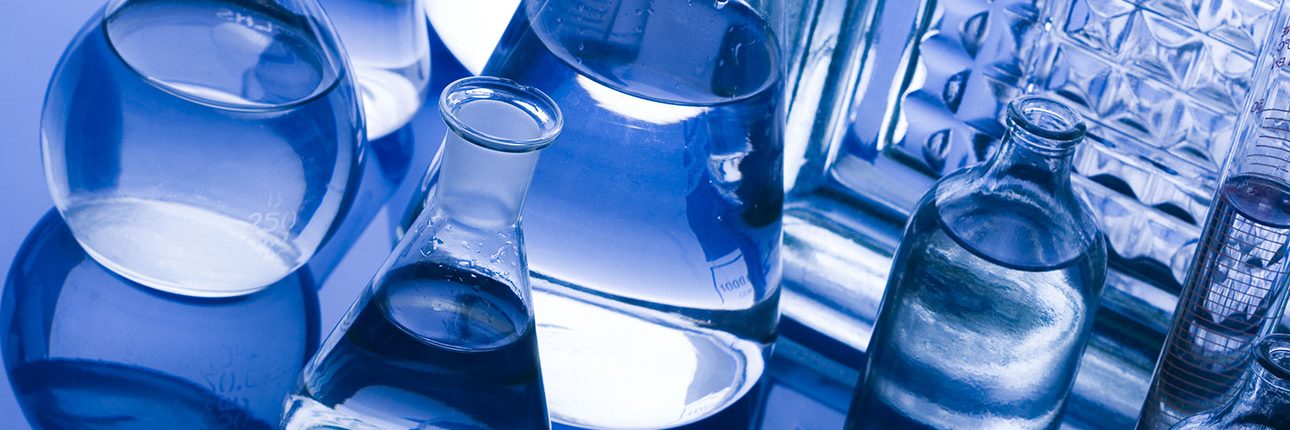

By the end of this training course, participants should be able to:
• To familiarize participants with key concepts in water quality assessment.
• Understand the water quality criteria for different water sources and usage purposes.
• To discuss regulatory standards and guidelines for water quality
• To provide hands-on experience with water sampling and analysis techniques.
• Carry out various water quality analyses.
• Understand the fundamentals of analytical chemistry.
• Prepare standard solutions.
• Calibrate Analytical devices.
• Analyze water quality data.
• Synthesize experimental results in the form of a professional report.
• Lab supervisors, chemists, and technicians
• Process and plant engineers in water treatment
• Water treatment plant operators.
• Chemists and engineers in water injection sector
• Environmental, health and safety engineers
• Asset integrity engineers
The training methodology combines theoretical knowledge with practical application to ensure a comprehensive understanding of the subject matter. The approach is designed to cater to
various learning styles and maximize participant engagement and retention.
Theoretical Instruction
• Lectures: sessions to introduce key concepts and principles in water quality. These lectures will include multimedia presentations to enhance understanding.
• Reading Materials: Comprehensive handouts will be provided to supplement the lectures and offer deeper insights into specific topics.
Interactive Learning
• Group Discussions: Facilitated discussions to encourage participants to share their experiences and perspectives, fostering collaborative learning.
• Case Studies: Analysis of real-world scenarios to apply theoretical knowledge to practical situations and develop problem-solving skills.
Workshops
• Workshops: Interactive workshops to explore specific topics in depth, such as advanced water treatment technologies.
Assessments and Feedback
• Quizzes and Tests: Periodic assessments to evaluate understanding and retention of the material covered.
• Feedback Sessions: Regular feedback from instructors and peers to identify strengths and areas for improvement, ensuring continuous learning and development.
Hands-On Training (On Job Training)
• Laboratory Exercises: Practical sessions in a laboratory setting where participants will conduct water sampling and analysis using standard methods and equipment.
• Field Work: On-site activities to collect samples and perform tests in real-world environments, giving participants practical experience in field techniques.
By integrating these diverse methods, the training program aims to equip participants with both the theoretical knowledge and practical skills necessary for effective assessment and management.
Introduction to Water Quality
• Safety Moment.
• Introduction, definition and significance of water quality.
• Key terms and concepts in water quality science.
• Different water sources and usage purposes.
• Basic chemistry for water
• Physical, chemical and biological characteristics of water
• Characteristics of Seawater
• Water quality in rivers, lakes, and ground
• Characteristics of drinking water
Water Quality Standards and Regulations
• National and international water quality standards (WHO, EPA,..)
• Regulatory frameworks and compliance requirements
Water Contaminants
• Types of contaminants: physical, chemical, biological, and radiological
• Sources and pathways of contamination
• Health and environmental impacts of water contaminants
Water Treatment and Management
• Overview of water treatment processes
• Advanced treatment technologies for specific contaminants
• Physical treatment
• Chemical treatment
• Biological treatment
• Best practices for water resource management and conservation
Fundamentals of Analytical Chemistry
• Analytical chemistry important definitions (Mole, Molarity, Molality,…) and concentration units
• Solutions preparation
Water Sampling and Analysis Techniques
• Principles and methods of water sampling
• Why do we need to analyze water?
• Water Lab
• Personnel
• Laboratory Facilities
• Sampling
• Water quality measurement
• Global standard test methods of water analysis
• pH acidity and alkalinity
• Temperature
• Density
• Turbidity
• Calcium, Magnesium and Total Hardness
• P, M & OH Alkalinity
• Specific conductance
• Total Solids (TS)
• Total Dissolved Solids (TDS)
• Total Suspended Solids (TSS)
• Dissolved Oxygen (DO)
• Oxygen Demand (COD, BOD)
• TOC & Organic contaminants
• Toxic Organic Compounds
• Radioactive contaminants
• Nutrients
• Chloride
• Cyanide
• Sulphite
• Sulfate
• Phosphate
• Oil and Grease
• H2S in water
• SRB Sulfate reducing bacteria
• Slime forming bacteria
• Iron related Bacteria
• Total bacterial count
• Total coliform
Main Instruments used in water analysis (Working Mechanism, Use, Calibration)
• IC Ion Chromatography
• ICP Inductively Coupled Plasma
• TOC Total Organic Carbon
• Spectroscopic analysis
Interpreting water analysis test results and issuing experimental results in the form of
a professional repor
CDGA attendance certificate will be issued to all attendees completing a minimum of 75% of the total course duration
| Code | Date | Venue | Fees | Register |
|---|---|---|---|---|
| LAB145-02 | 11-05-2026 | Istanbul | USD 5950 | |
| LAB145-03 | 16-08-2026 | Doha | USD 5450 | |
| LAB145-04 | 06-12-2026 | Cairo | USD 5450 |

This program presents an overview of the need for analysis of water, how analytical methods are developed and quality control is applied and how the results of analysis are used. It will describe the ...
Providing services with a high quality that are satisfying the requirements
Appling the specifications and legalizations to ensure the quality of service.
Best utilization of resources for continually improving the business activities.
CDGA keen to selects highly technical instructors based on professional field experience
Since CDGA was established, it considered a training partner for world class oil & gas institution
3012, Block 3, 30 Euro Business Park, Little Island, Co. Cork, T45 V220, Ireland
Mon to Fri 09:00 AM to 06:00 PM
Contact Us anytime!
Request Info